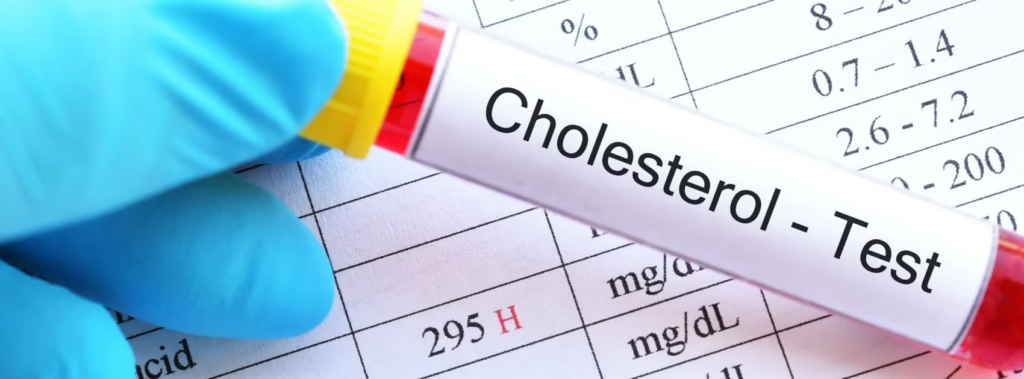
AIM: Determination of blood sugar Introduction Blood sugar, also called blood glucose, is the amount of glucose (a type of sugar) present in your blood. Glucose is your body’s main Read More ……..
Simplifying Allied Health Learning.

AIM: Determination of blood sugar Introduction Blood sugar, also called blood glucose, is the amount of glucose (a type of sugar) present in your blood. Glucose is your body’s main Read More ……..

AIM: Determination of Total Cholesterol Principle of an enzymatic method Cholesterol ester + H2O ————>Cholesterol esterase —————> Cholesterol + Fatty acids Cholesterol + O2 —————->Cholesterol oxidase —————–> Cholesterol-4-en-3-one + Read More ……..

Introduction Alkaline phosphatase (ALP) is an enzyme that catalyzes the hydrolysis of phosphate esters at an alkaline pH, releasing inorganic phosphate. It is present in various tissues, including the liver, Read More ……..
Introduction Calculi (stones) are hard deposits formed from minerals and organic materials that precipitate in the body. These deposits commonly occur in the kidneys, urinary tract, gallbladder, salivary glands, and Read More ……..

Introduction Automation in clinical biochemistry refers to using advanced technologies, robotic systems, and computerized equipment to perform routine and specialized laboratory tasks. By minimizing manual interventions, automation enhances accuracy, speed, Read More ……..